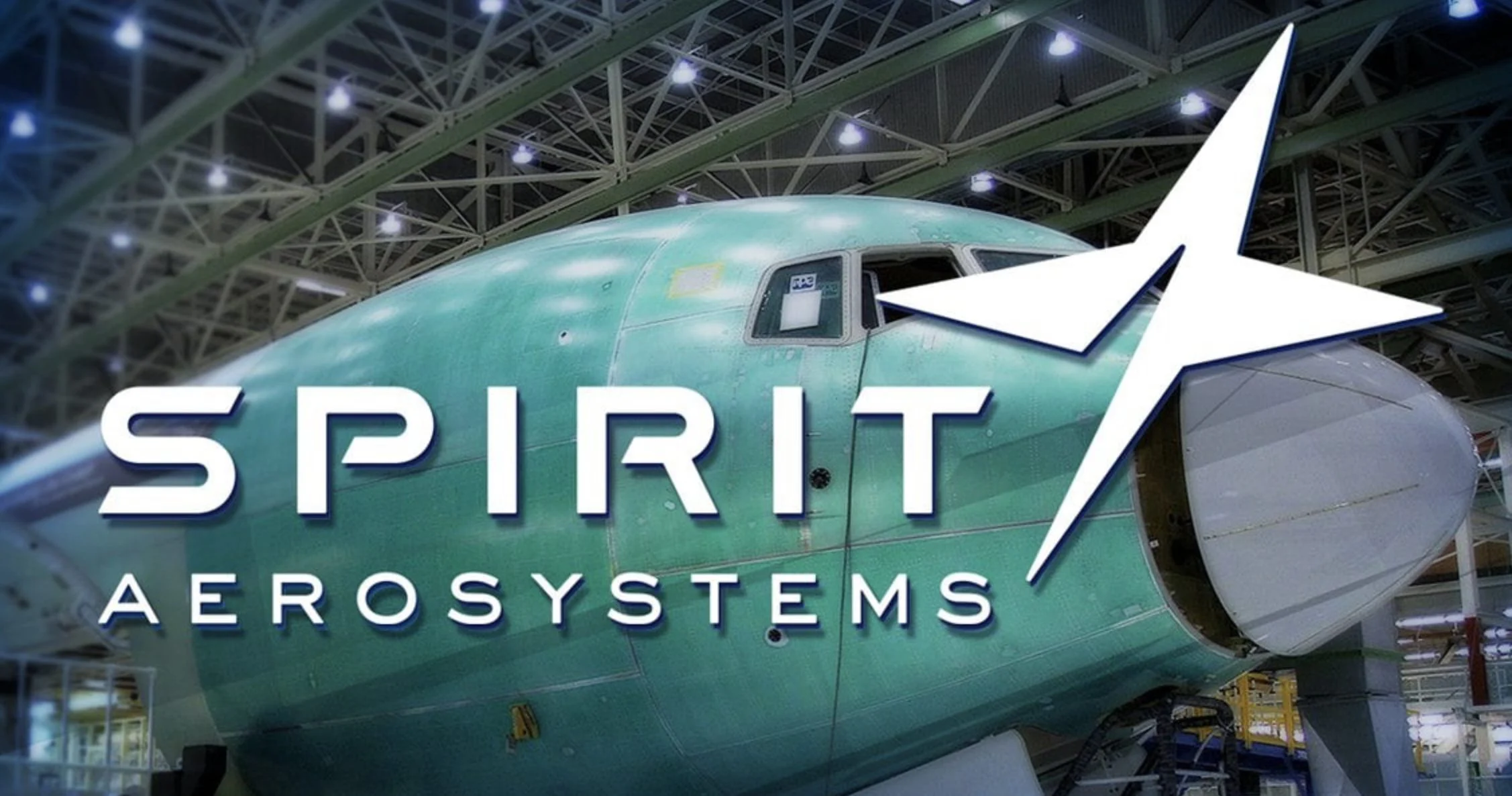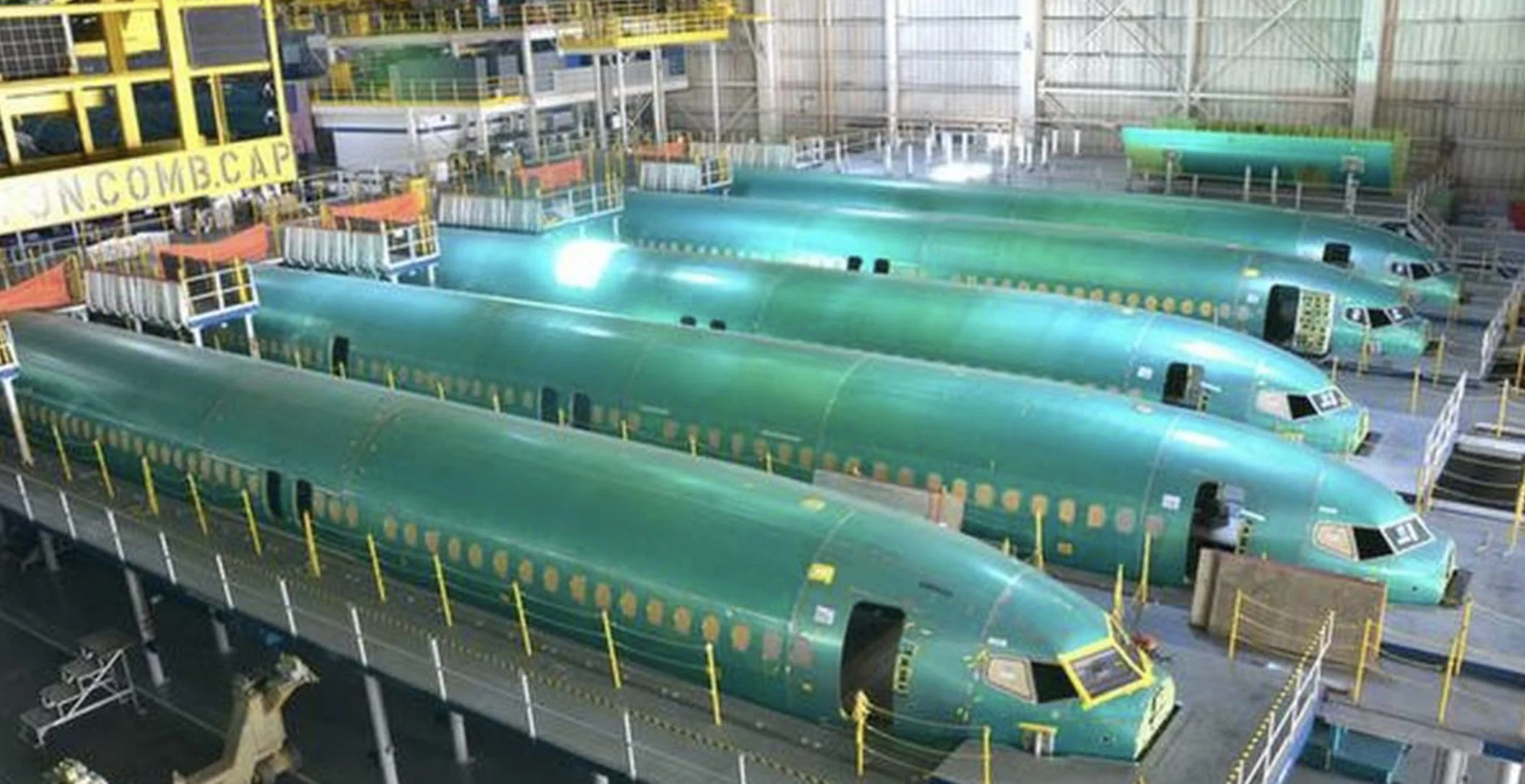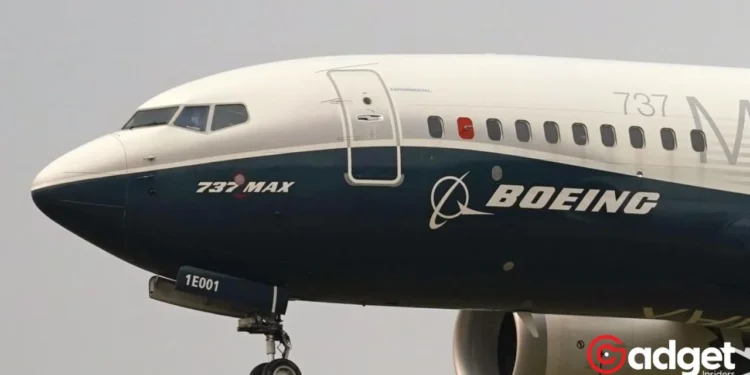In an unexpected twist that could reshape the aerospace manufacturing landscape, Boeing, the world-renowned aviation giant, is reportedly contemplating a bold move to reacquire Spirit AeroSystems. This potential reunion comes against a backdrop of mounting challenges and safety concerns that have plagued both companies in recent years. The unfolding scenario signals a critical juncture for Boeing as it navigates through turbulent times, striving to reinforce its commitment to quality and safety while bolstering its supply chain integrity.

The Genesis of the Boeing-Spirit Divide
The narrative of Boeing and Spirit AeroSystems is rich with historical intricacies and strategic shifts. Spirit, a pivotal entity spun out from Boeing Commercial Airplanes in 2005, has evolved into a cornerstone of the company’s manufacturing ecosystem.
Despite the separation, the interdependence between the two companies remained pronounced, with Spirit becoming an integral supplier for the aeronautics giant, particularly in the wake of the 737 Max 9’s safety scandals. The saga of “many loose bolts” and the numerous defects in parts supplied by Spirit underscore the complexity of their relationship and the shared challenges they face.
A Strategic Pivot Amidst Crisis
In a remarkable turn of events, the company’s leadership, spearheaded by CEO Dave Calhoun, appears to be reconsidering its stance on the separation from Spirit. Initial resistance to reacquisition has given way to a more nuanced approach, as federal regulators intensify their scrutiny of both entities.
The revelation, as reported by The Wall Street Journal, that Spirit has engaged in preliminary discussions with Boeing and sought financial advisement to explore strategic options, underscores the gravity of the situation and the potential for a significant strategic realignment.
Boeing is evaluating the acquisition of Spirit AeroSystems amidst industry unrest, aiming to navigate shared aviation hurdles efficiently.#MexicoBusinessNews #MexicoAerospacehttps://t.co/U53UVwNFMu
— Aviation & Aerospace (@mxaerospace) March 6, 2024
Bridging the Divide: A Path Forward
The reacquisition of Spirit by Boeing could serve as a strategic maneuver to consolidate the aeronautical giant’s supply chain and mitigate the outsourcing backlash. With Patrick Shanahan at the helm of Spirit, a former executive with deep insights into the company’s operations, the stage is set for potentially stabilizing Spirit’s performance.
However, the challenges are manifold. The defects in Spirit’s parts, coupled with Boeing’s manufacturing mishaps — most notably the alarming incident involving an Alaska Airlines aircraft — highlight the critical safety issues at stake.
The Financial and Operational Quandary
For Boeing, the prospect of reacquiring Spirit represents a complex calculus of financial and operational considerations. The ongoing safety exemptions debacle, spearheaded by US Senator Tammy Duckworth’s criticisms, adds a layer of public scrutiny and regulatory pressure.
Furthermore, the financial implications of taking Spirit back into the fold, given its $3.3 billion valuation and the $100 million cash infusion previously extended by the company, signal a high-stakes gamble in its quest to stabilize its operations and restore its tarnished reputation.

Navigating the Uncertain Skies
As Boeing contemplates this strategic pivot, the aerospace industry watches closely. The potential reintegration of Spirit AeroSystems into Boeing’s operations could mark a turning point in addressing the systemic challenges and safety concerns that have beset both companies.
This move, while fraught with complexities, signifies the company’s unwavering commitment to excellence and safety in the face of adversity. In the grand tapestry of aerospace manufacturing, the Boeing-Spirit saga is a testament to the enduring pursuit of innovation, resilience, and strategic foresight amidst the ever-changing dynamics of global aviation.









